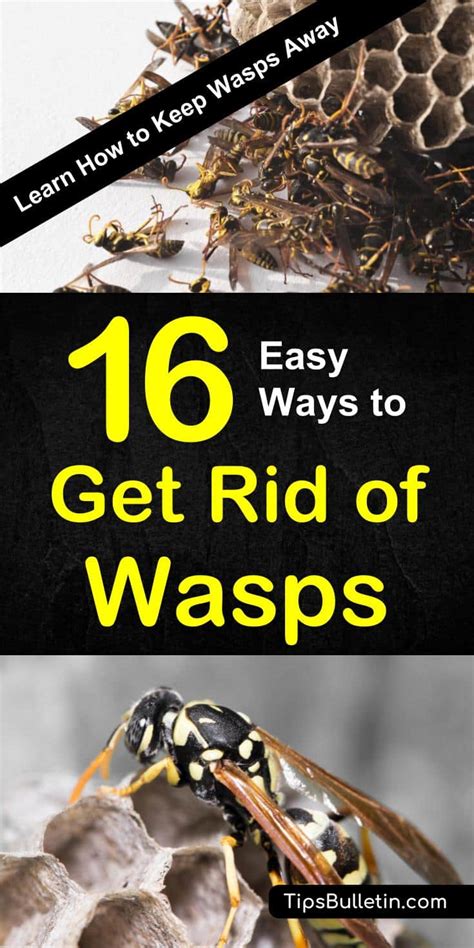How to Keep Wasps Away: A Comprehensive Guide
Wasps. The buzzing, stinging menace of summer picnics and backyard barbecues. While they play a vital role in the ecosystem, nobody wants a nest of them near their home. This comprehensive guide will provide you with effective and safe methods on how to keep wasps away from your property.
Understanding Wasp Behavior: The First Step to Prevention
Before we delve into deterrents, understanding wasp behavior is crucial. Knowing why wasps are attracted to your property is the first step to keeping them away.
Common Wasp Attractants:
- Sweet Substances: Wasps are drawn to sugary drinks, overripe fruit, and anything sweet left outdoors.
- Food Scraps: Leftover food, especially meat and sugary treats, are irresistible to them.
- Standing Water: Wasps need water, so birdbaths, puddles, and even leaky faucets can attract them.
- Nesting Sites: Wasps seek sheltered, protected areas to build their nests. This includes cracks in walls, sheds, attics, and even ground holes.
Effective Strategies to Deter Wasps
Now that we know what attracts wasps, let's explore practical strategies to deter them:
1. Eliminate Attractants:
- Cleanliness is Key: Regularly clean up food and drink spills, and promptly dispose of garbage. Don't leave pet food outdoors overnight.
- Secure Food and Drinks: Cover food and drinks, especially outdoors. Use lids and consider storing food in sealed containers.
- Maintain a Clean Yard: Keep your lawn and garden free of debris and overripe fruit.
2. Natural Wasp Repellents:
- Essential Oils: Certain essential oils, such as peppermint, eucalyptus, and clove, are believed to repel wasps. Diffuse these oils or apply them to cotton balls placed strategically around your property. Note: This is more of a deterrent than a guaranteed solution.
- Vinegar: The strong scent of vinegar can deter wasps. Spray diluted vinegar around areas where wasps are frequenting.
- Citrus Fruits: The scent of citrus fruits can be a natural deterrent. Place lemon or orange peels around your patio or garden.
3. Commercial Wasp Repellents:
Many commercial wasp repellents are available in stores. These often contain pyrethrins or other insecticides. Always follow the instructions carefully and prioritize safety. These are generally used for dealing with existing wasp activity rather than preventing it altogether.
4. Preventative Measures:
- Seal Entry Points: Inspect your home for cracks and gaps where wasps might enter. Seal these with caulk or other suitable materials.
- Keep Garbage Cans Covered: Ensure your garbage cans have tight-fitting lids to prevent wasps from accessing food scraps.
- Regular Inspection: Regularly inspect your property for signs of wasp nests. Early detection is key to prevention.
When to Call a Professional
If you discover a large wasp nest, or if you're uncomfortable dealing with wasps yourself, it's best to contact a pest control professional. They have the expertise and equipment to safely remove nests and prevent future infestations.
Conclusion: Peaceful Coexistence
While completely eliminating wasps from your surroundings might be impossible, implementing these strategies can significantly reduce their presence and help you enjoy your outdoor spaces without fear of stings. Remember, prevention is always better than cure when it comes to wasp control. By understanding their behavior and taking proactive measures, you can create a more wasp-free environment for yourself and your family.
